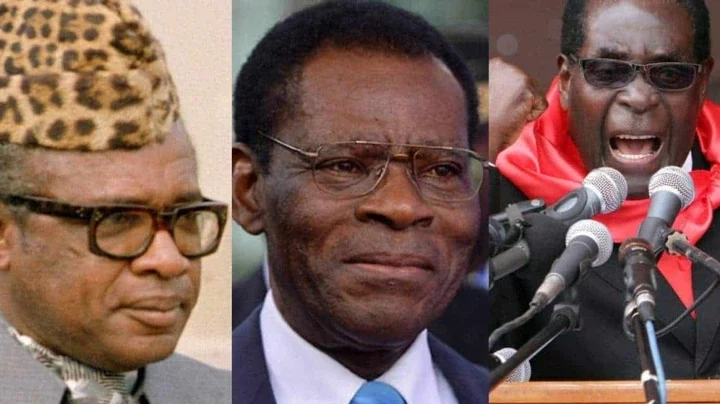
While there have been gradual improvements in governance across Africa, with some leaders adopting more democratic principles, significant challenges remain.
Progress is slow, but some leaders are becoming more accountable, and political environments are opening up.
However, there are still several leaders in Africa who stand out for their poor governance, corruption, and human rights abuses.
Last year, I asked my African Twitter followers to nominate the worst leaders in Africa of today. After receiving over 800 responses, here are the five leaders most frequently mentioned.
Teodoro Obiang Nguema Mbasogo - Equatorial Guinea
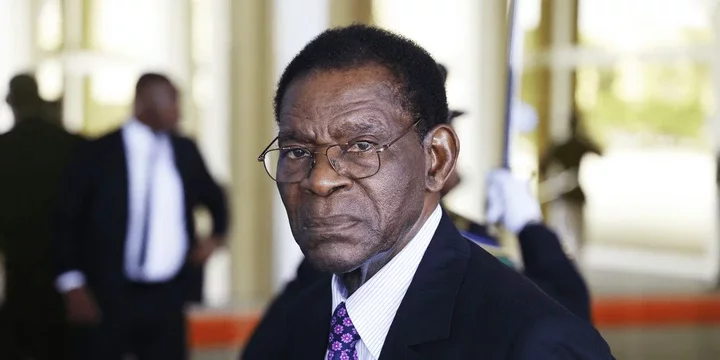
Teodoro Obiang Nguema Mbasogo, Africa's longest-serving leader, has ruled Equatorial Guinea since 1979 after overthrowing his uncle in a coup.
Despite the country's wealth from oil, most citizens live in poverty. Equatorial Guinea ranks poorly in the UN's Human Development Index, with many lacking access to clean water and basic healthcare.
The under-5 mortality rate is one of the highest globally, with 20% of children dying before the age of five.
Meanwhile, Obiang's son, Teodorin, lives a life of luxury funded by state resources, owning properties in Malibu, a Gulfstream jet, and a collection of high-end cars.
The wealth of the ruling family stands in stark contrast to the daily struggles of ordinary Equatorial Guineans.
José Eduardo dos Santos - Angola
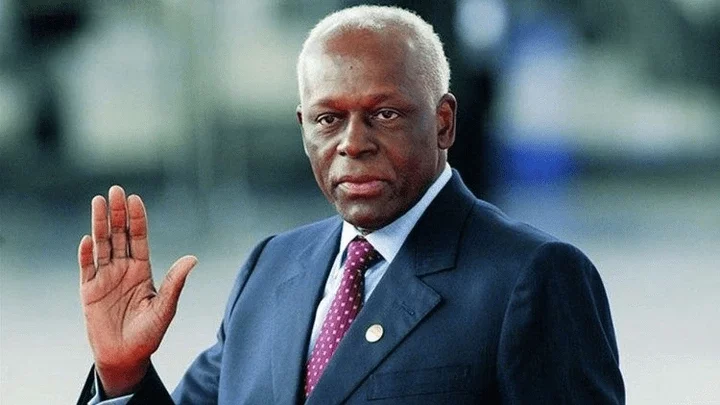
José Eduardo dos Santos, Angola's president from 1979 until 2017, ruled the country like a personal business.
While Angola is rich in oil and diamonds, much of the population lives in poverty. Around 68% of Angolans survive on less than $1.70 a day, and the country struggles with malnutrition, poor healthcare, and high unemployment.
Dos Santos' family controls significant portions of Angola's economy. His daughter, Isabel dos Santos, allegedly became one of the wealthiest women in Africa through her father's corrupt dealings.
While ordinary Angolans faced hardship, Dos Santos and his family built personal fortunes from the country's wealth.
Robert Mugabe - Zimbabwe
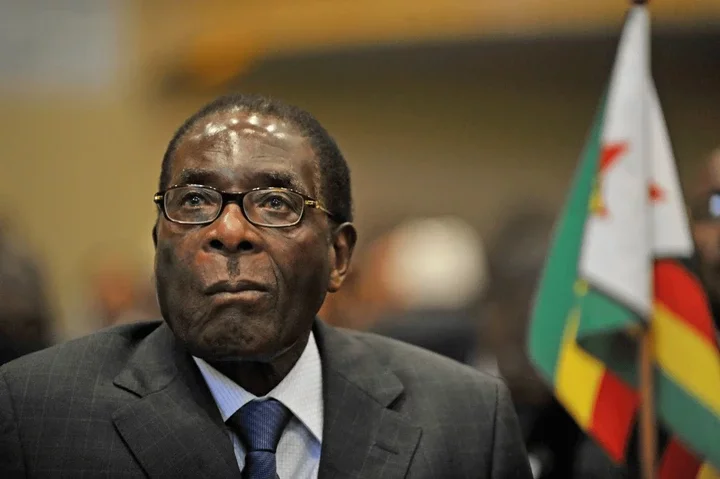
Robert Mugabe, who ruled Zimbabwe from 1980 until his forced resignation in 2017, had a mixed legacy.
Under his leadership, Zimbabwe saw early success in education and agriculture, but the latter years of his rule were marked by economic collapse and widespread unemployment.
While the country experienced some economic growth in 2011, Mugabe's policies led to food shortages and hyperinflation, devastating the economy.
Mugabe's refusal to step down and share power, coupled with human rights abuses and violent crackdowns on dissent, cemented his reputation as a dictator.
Despite the country's struggles, Mugabe held onto power for nearly four decades.
King Mswati III - Swaziland (Eswatini)
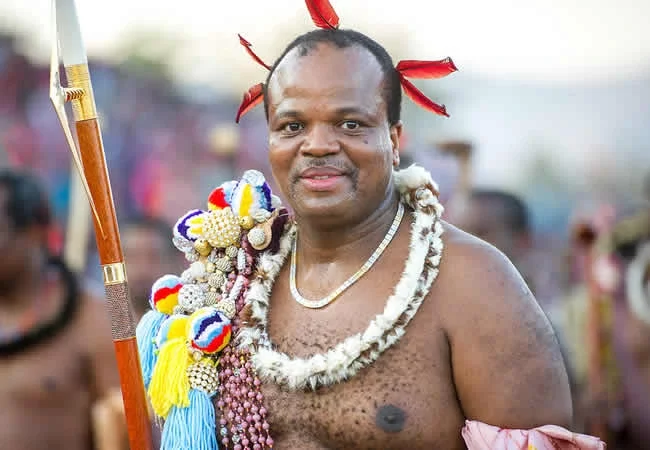
As Africa's last absolute monarch, King Mswati III rules over one of the world's poorest nations. Despite Swaziland having the highest HIV prevalence rate in the world and one of the lowest life expectancies, Mswati continues to live a life of luxury.
The king uses state funds to finance his expensive tastes, including luxury cars and international trips, while the country faces economic collapse.
Swaziland's fiscal crisis has led to severe financial problems, including the suspension of pensions.
In 2013, the country withdrew from the African Nations Cup due to a lack of funds, highlighting the extent of the kingdom's economic woes under Mswati's rule.
Omar Al-Bashir - Sudan
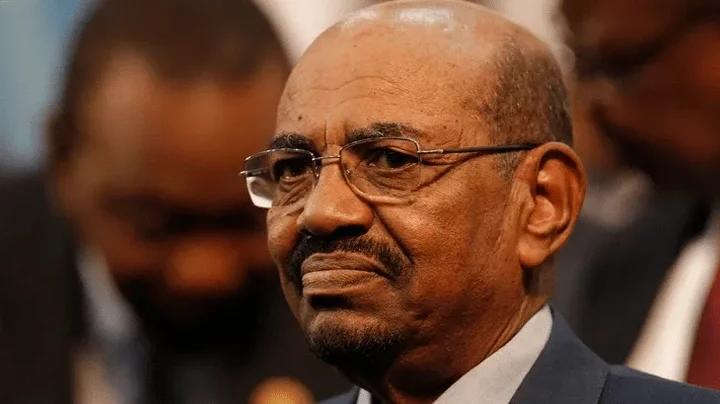
Omar Al-Bashir came to power in Sudan through a military coup in 1989. His rule was characterized by brutal civil wars, human rights abuses, and corruption.
Al-Bashir dissolved political parties, shut down media outlets, and ruled with an iron fist.
He is wanted by the International Criminal Court (ICC) for war crimes and crimes against humanity, particularly for his role in the Darfur conflict, which led to the deaths of over one million people.
Al-Bashir was also notoriously corrupt, with reports suggesting he siphoned off billions of dollars from Sudan's wealth into private accounts overseas.
His ousting in 2019 marked the end of his three-decade rule, but the damage to Sudan remains profound.

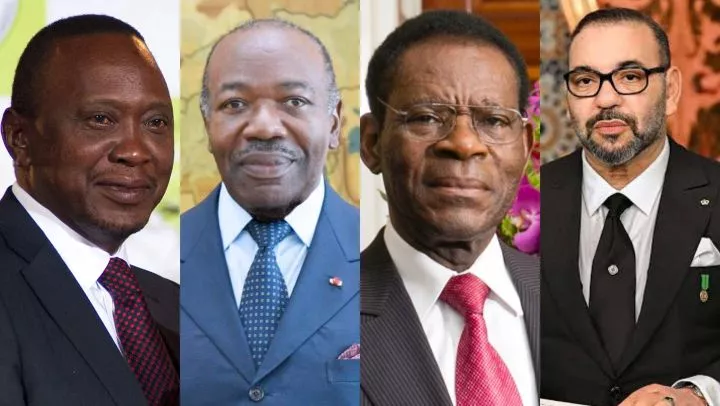
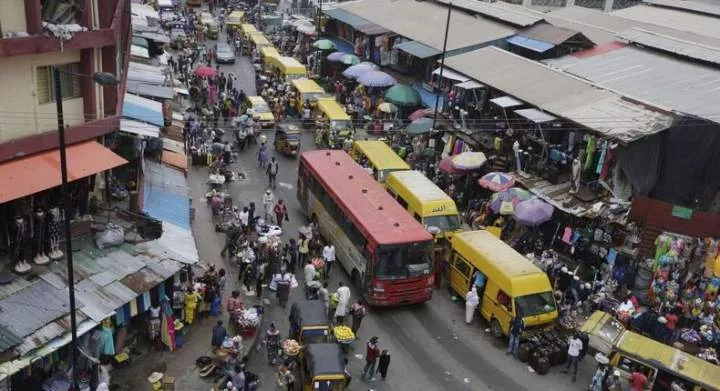
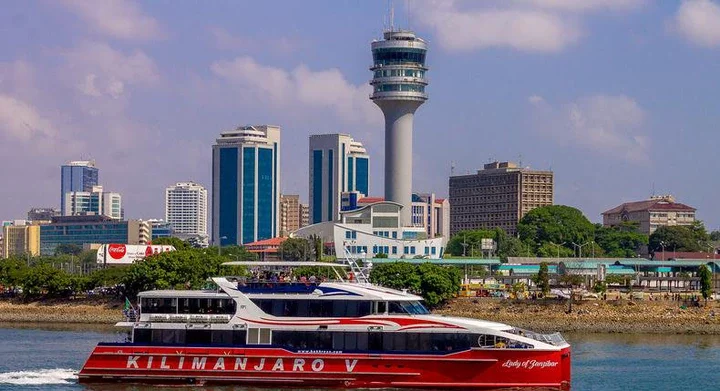
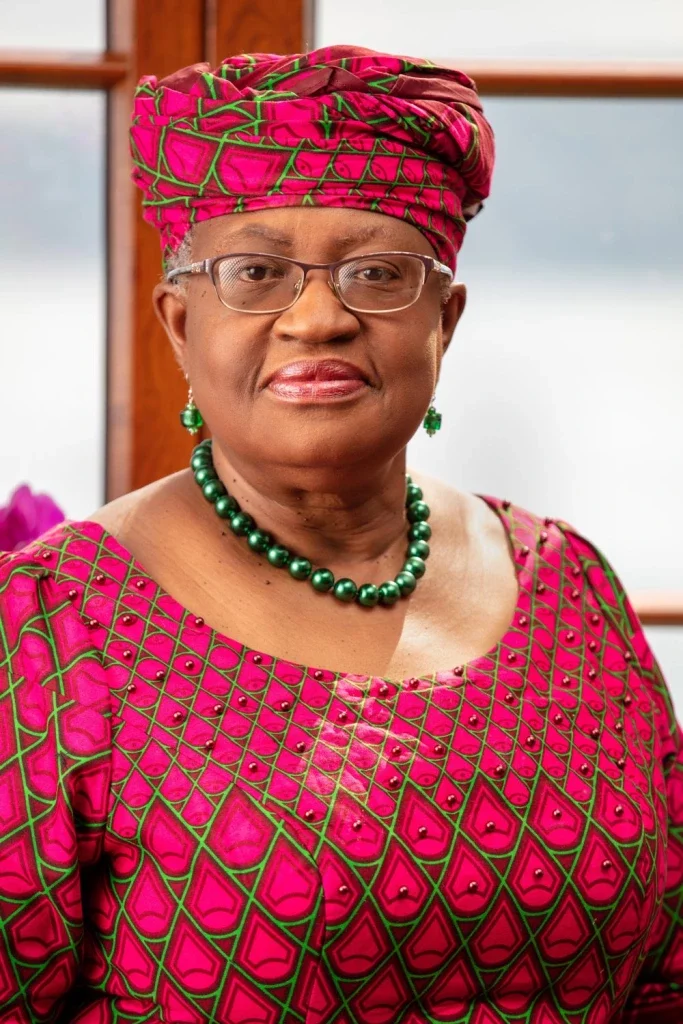
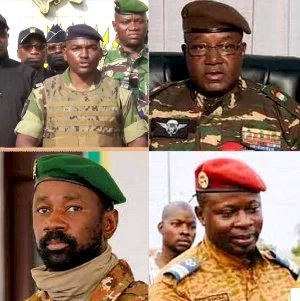
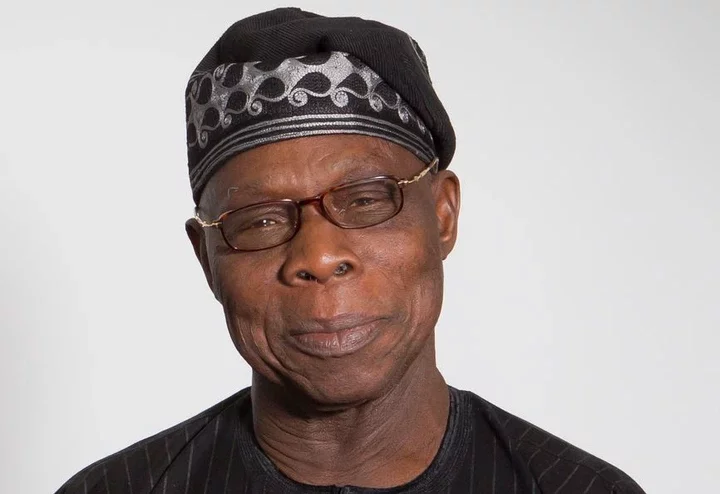




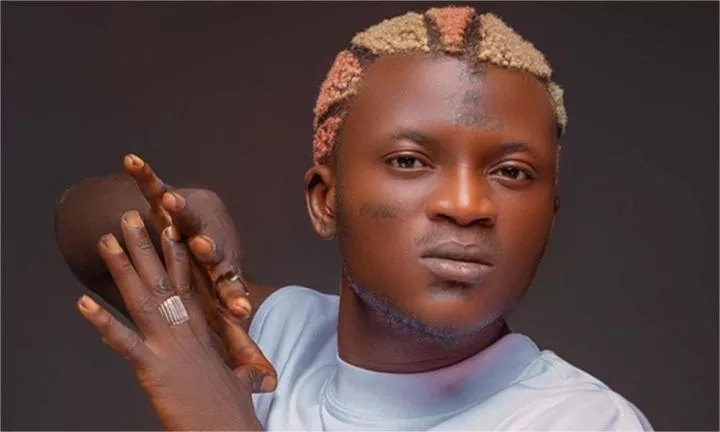




Comments